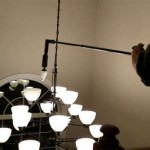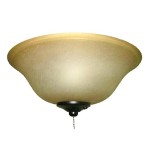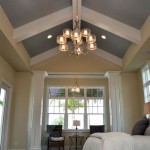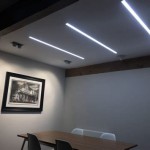Essential Aspects of Lights for Unfinished Basement Ceiling
Transforming your unfinished basement into a functional living space requires careful consideration of various factors, including lighting. Proper lighting can not only illuminate the area but also enhance its overall appeal and functionality. When selecting lights for an unfinished basement ceiling, there are several key aspects to keep in mind to achieve the desired outcome.
Types of Lighting
Recessed Lighting: Recessed lights, also known as can lights, are installed into the ceiling, creating a sleek and clean look. They provide ample light distribution and are ideal for general illumination in large or open areas.
Pendant Lighting: Pendant lights are suspended from the ceiling by a cord or chain. They are available in various styles and designs, offering a decorative touch while providing focused lighting in specific areas, such as over a workshop bench or dining table.
Track Lighting: Track lighting involves installing a track on the ceiling and attaching adjustable spotlights to it. This allows for flexible lighting arrangements and can highlight specific areas or objects.
Light Output and Color Temperature
Consider the desired light output and color temperature for your basement. Light output is measured in lumens, and a higher lumen value indicates brighter light. For general illumination, aim for 100-200 lumens per square foot. Color temperature refers to the warmth or coolness of the light, with lower Kelvin values producing warmer tones and higher values resulting in cooler tones.
Energy Efficiency
Choose energy-efficient lighting options to reduce energy consumption and costs. Look for LED lights or fixtures with high lumen-per-watt ratings. These lights consume less energy while providing similar or better light output compared to traditional bulbs.
Placement and Spacing
Plan the placement and spacing of your lights to ensure even illumination throughout the basement. Recessed lights can be spaced 4-6 feet apart, while pendant lights should be placed strategically over specific areas. Consider using multiple types of lighting to create layered illumination and avoid harsh shadows.
Electrical Considerations
Ensure that the electrical system in your basement is properly equipped to handle the additional load from the new lights. Consult with a qualified electrician to determine the appropriate wiring and circuit breakers. Also, verify that the lights are compatible with the existing electrical system.
Safety and Maintenance
Prioritize safety when installing and using lights in an unfinished basement. Ensure that all lights are properly grounded and installed according to building codes. Regularly inspect and clean the lights to prevent dust accumulation and maintain optimal performance.
By considering these essential aspects, you can select and install the right lights for your unfinished basement ceiling, creating a well-lit and inviting space that meets your functional and aesthetic needs.

The Ultimate Guide For Unfinished Basement Lighting Semigloss Design

How Can I Improve The Lighting In My Basement Finished Or Unfinished Stkr Concepts

10 Epic Exposed Basement Ceiling Ideas Building Bluebird

Our Painted Basement Ceiling Black With Photo Examples

Paint An Exposed Basement Ceiling Black Diy Building Bluebird

12 Extravagant Low Ceiling Basement Lighting Ideas Lightopia

8 Best Basement Lighting Ideas For A Remodel

Duncan Avenue Basement Renovation Modern Cincinnati By Ryan Duebber Architect Llc Houzz

28 Low Basement Ceiling Ideas That Will Transform Your Space

Basement Lighting Creating A Moody Speak Easy With Light
Related Posts








